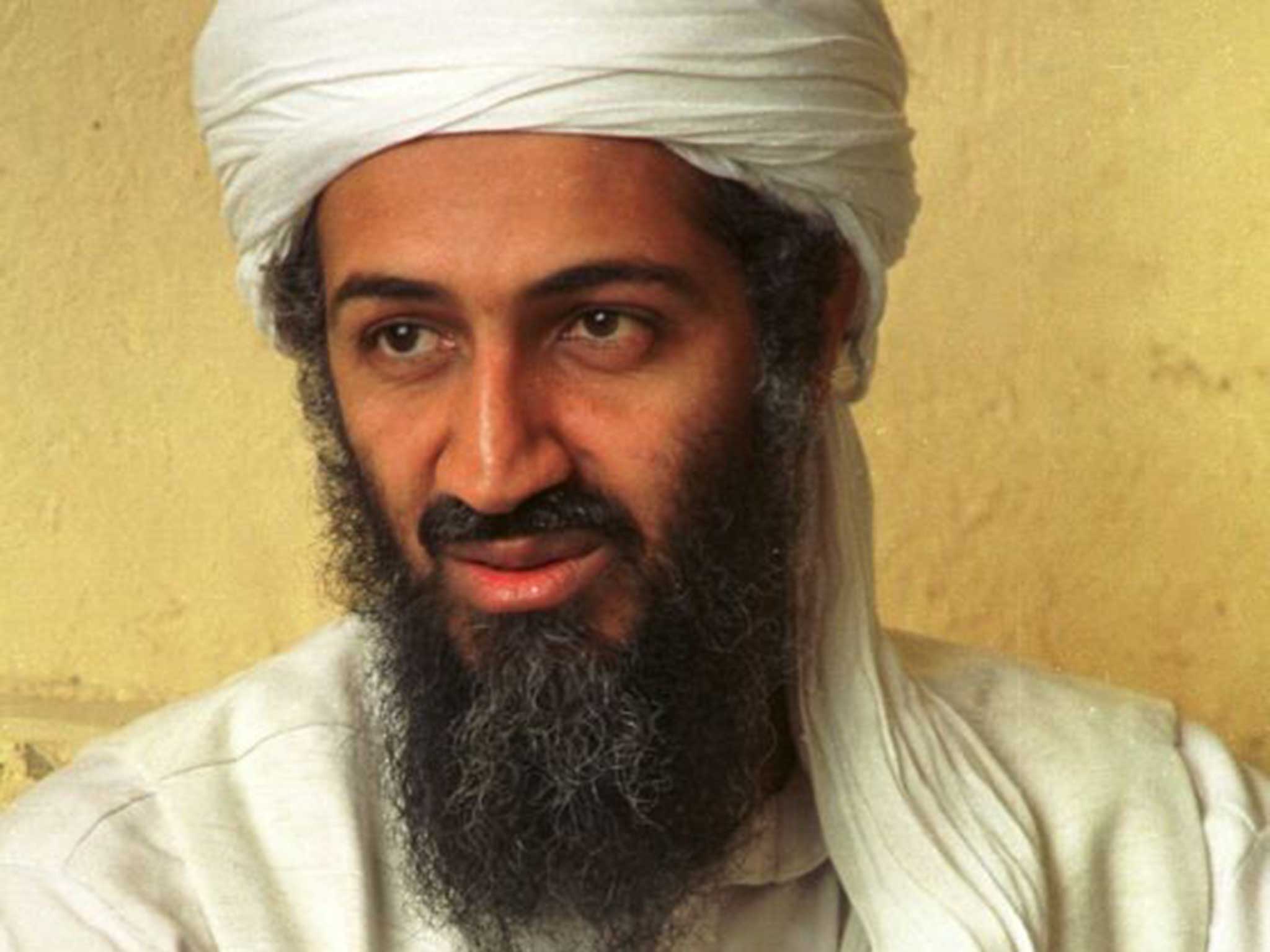Book review: ‘The Killing of Osama bin Laden’ casts new light on the US operation against the al-Qaeda leaderview
Journalist Seymour Hersh aims to get closer to the truth about the al-Qaeda leader's death than anyone else has yet

For half a century, the investigative journalist Seymour Hersh has been the scourge of the Western foreign policy establishment, writing prize-winning exposes of the My Lai massacre in Vietnam and the torture of Iraqi prisoners in Abu Ghraib. Last year, his article in the London Review of Books about the killing of Osama bin Laden – in which Hersh wrote that the White House’s story "might have been written by Lewis Carroll" – provoked furious denials from officials at the same time as many readers hailed it as an essential piece of truth-telling about one of the murkiest events in recent history. Now that piece, collected with other LRB essays, appears in bo0ok form.
Based on information from former officials in the US and Pakistan, Hersh claims the Pakistani military and government knew Bin Laden had been living in Abbottabad since 2006. When the Americans discovered this, Pakistan co-operated because it feared aid programmes would be cut off otherwise, he says.
On 2 May 2011, Pakistan cleared airspace for helicopters carrying US Navy Seals to fly to Bin Laden’s compound. There they carried out his killing – “a homicide,” in the words of one former Seal. Afterwards, US President Barack Obama broke an agreement to keep the news secret for one week and, with no regard for the tensions it would create in Pakistan, announced Bin Laden’s death to the American public.
Hersh’s account is more plausible than the official version and more thought-provoking than the movie Zero Dark Thirty, which dramatised the hunt for Bin Laden. But the most powerful chapters in this book concern Syria, perhaps because they bust myths that are immediately relevant to current events. Hersh describes the folly of Obama’s chemical weapons “red line”, his failure to close the “rat line” along which jihadists enter Syria, and his counterproductive insistence that “Bashar al-Assad must go”, which, mixed with American support for Turkish president Recep Tayyip Erdogan, paved the way for the rise of Isis and affiliated group the al-Nusra Front.
This short book is a fascinating blast of counter-history, an alternative to the hagiography served up in the BBC’s recent documentary Inside Obama’s White House. Hersh praises Obama’s “principled stand on behalf of the proposed nuclear agreement with Iran”, but generally believes his foreign policy is as flawed as that of George W Bush. “The cherry picking was similar to the process used to justify the Iraq war,” Hersh writes, claiming Obama "ignored intelligence that could undermine the narrative” and that charges against Assad of using chemical weapons against his people were false.
It’s difficult to judge a book which profoundly contradicts the government’s version of events. Nobody wants to be a credulous paranoiac, but Hersh exposes the holes in the White House’s account of Bin Laden’s death, while his arguments about Syria are persuasive. His sources – “the retired official” and “a former Seal commander” – sound like characters from The X-Files, but his clear prose untangles the complexities behind which powerful figures hide. Perhaps, swept up by the potency of Hersh’s reporting, I read this book without the level of scepticism that informs it. But my bet is that he’s got closer to the truth about Bin Laden’s death than anyone else has yet.
‘The Killing of Osama bin Laden’ by Seymour M. Hersh, Verso, price £12.99
Join our commenting forum
Join thought-provoking conversations, follow other Independent readers and see their replies
Comments
Bookmark popover
Removed from bookmarks